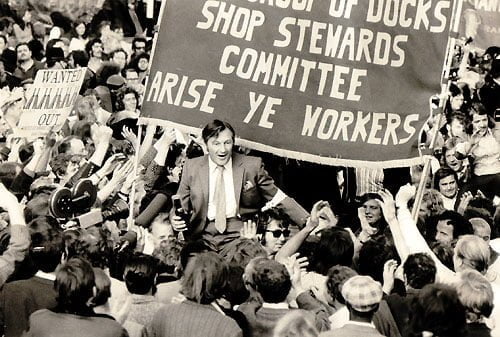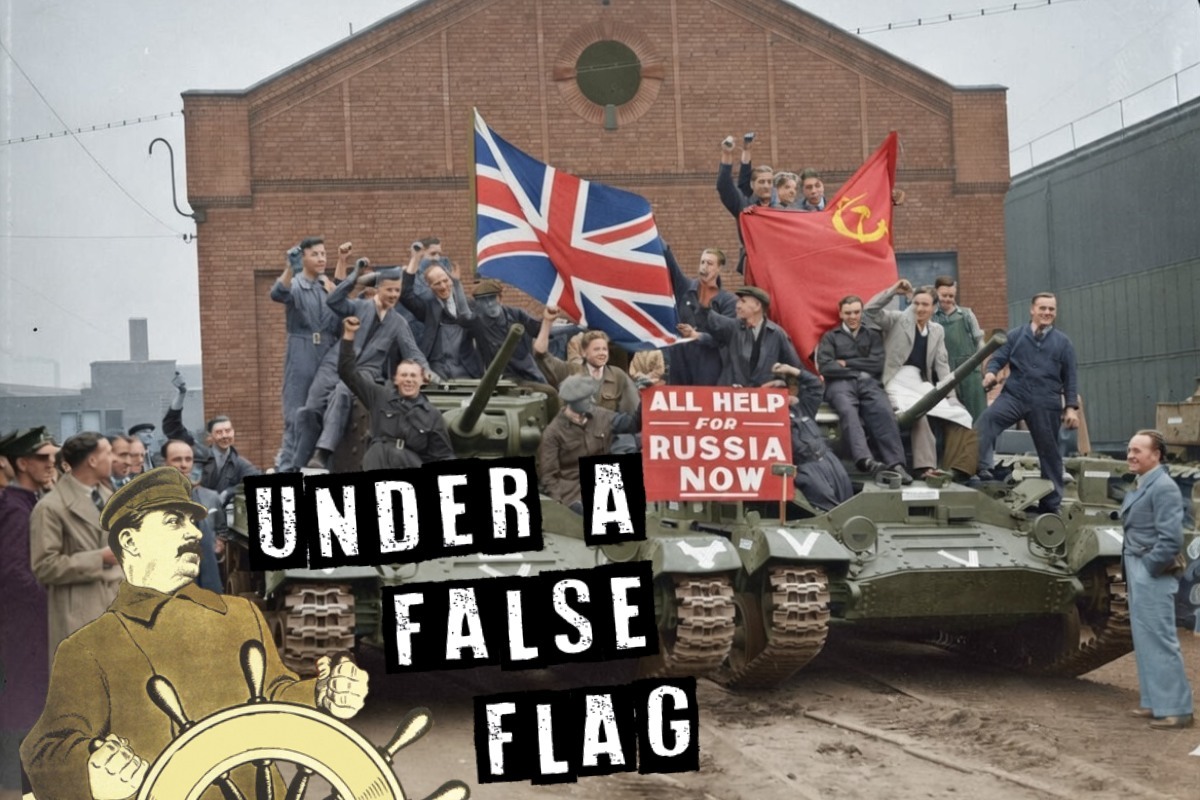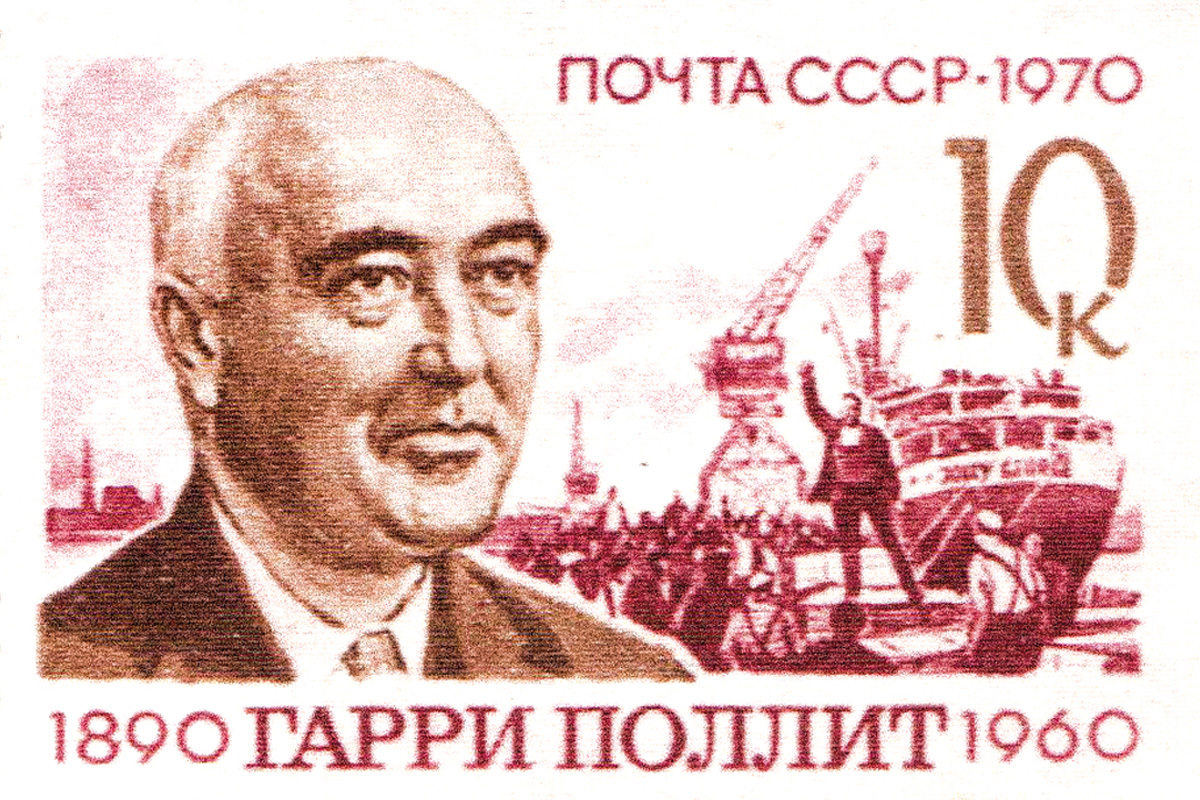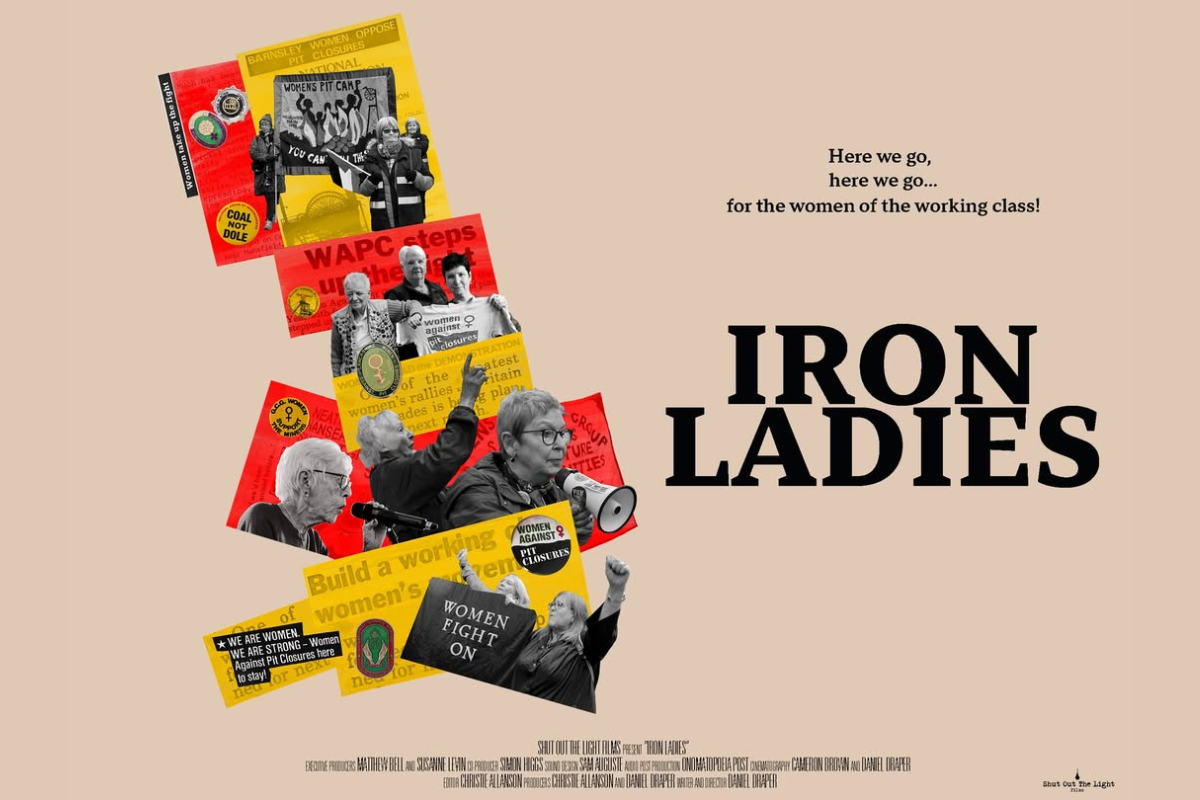On Friday 1st December, dozens of trade union activists gathered in the East Ham Working Men’s Club to commemorate the 45th anniversary of that famous labour movement victory, the Pentonville Five.
The Five were dockers who were among thousands taking strike action in the summer of 1972. They were arrested for exercising their trade union rights and sent to Pentonville prison on Caledonian Road in North London.
The response from the labour movement was magnificent: tens of thousands of people across dozens of workplaces and industries stopped work immediately, not just in London but all over the country. Thousands marched on the prison, demanding the release of the Five.
Under enormous pressure from below, the TUC was forced to call a general strike. The Tory government, terrified of the movement that had been unleashed, immediately released the Five who were carried shoulder-high from Pentonville by the jubilant crowd.
Memories of struggle
At the meeting were a number of speakers who were involved with the events of July 1972. One comrade recalled the march on the prison, and the euphoric feeling when the Five were released. The lesson, he said, is that when workers act in unity and solidarity with each other there’s nothing that can stop us.
Another speaker, from the print workers’ union, described the solidarity strike action taken by print workers at the time. She explained how they shut down the publication of all newspapers for the whole week until the Five were released.
She also described how Thatcher’s anti-union reforms specifically targeted the methods used to free the Five, such as solidarity strike action and secondary picketing. She insisted that the labour movement needs to reconquer the right to organise in this way. But, she warned, “this won’t come just by asking for a change in the law – it will come by us taking action.”
The need for fighting unions
 A comrade who had been part of the unofficial shop stewards committee, which led the strike leading to the arrest of the Five, made a very interesting contribution. He described the inadequacy of the trade union leadership at the time, and explained how the bureaucracy of the union had only stepped in to take over the coordination of the dockers’ strike in order to wrest control of it away from rank and file workers.
A comrade who had been part of the unofficial shop stewards committee, which led the strike leading to the arrest of the Five, made a very interesting contribution. He described the inadequacy of the trade union leadership at the time, and explained how the bureaucracy of the union had only stepped in to take over the coordination of the dockers’ strike in order to wrest control of it away from rank and file workers.
Len McCluskey, general secretary of Unite, echoed this point in his contribution and emphasised the need for the most radical layers of rank-and-file workers to be the ones leading industrial action – although workers in places like the Grangemouth refinery might be forgiven for wondering whether Len’s actions are as bold as his words.
Len also spoke about how Unite is a “fighting union” and that it would never hesitate to stand up for itself and its members if trade union rights were attacked. But, Len said, “Unite doesn’t go looking for a fight”.
This sentiment seems a bit out of step with the mood of many workers and young people. The Corbyn phenomenon suggests that people want to take the fight to the Tories.
Unite needs to stand up for its members, not just if their union rights are attacked, but also when their wages are collapsing and living standards deteriorating. The militancy of 1972 could easily resurface, and even reach a higher peak, if a fighting lead were given by Unite and other unions.
Len said he’s longing for today’s TUC to call a general strike. As leader of Britain’s largest union, however, he is in a very strong position to build the movement and the mood for that kind of action. We need to stop longing for it and start building for it.
Support Corbyn! Fight for socialism!
The best speaker of the evening was the film director Ken Loach. He explained that Corbyn could reintroduce many of the trade union rights that have been lost over the last few decades. But, he said, it will take a struggle to get him elected, and that this is a struggle that requires us to get rid of right-wing Labour MPs who don’t support Corbyn.
As Ken explained, “when the bullets start flying” – after Corbyn comes to power – “some of these people will be running for the hills”, instead of sticking by Corbyn and defending him against the economic and political sabotage of the capitalist class, which will inevitably come.
The meeting was an excellent commemoration of the events of July 1972. It’s essential that we learn the lessons of our labour movement history so that we can avoid the mistakes of the past and instead replicate the successes of previous generations.






